VISUAL THINKING TECHNIQUES & DESIGN THINKING STRATEGIES AS TOOLS FOR YOUNG LEARNERS IN A VIRTUAL WORLD
Do you find it challenging to keep your learners’ motivation up during the lessons? Do you find traditional ways of teaching ineffective or are you looking for a change? Would you like to try out new methods but don’t know where to start?
Design Thinking and Visual Thinking aim to integrate arts and creativity to develop digital skills among educators and learners by means of innovative practices in a digital era when distance learning has become the “new normal”. They also offer learning opportunities to boost creativity by making use of innovative digital tools.
Design Thinking Strategies (DTS) and Visual Thinking Tools (VTT) provide methods for teaching problem solving both when learning and at the learning community. To discover the magic behind these methods and to be able to apply them in your own classroom, you will be guided through the different stages of the methodology with ideas and examples on how to bring more visual elements into your lessons.
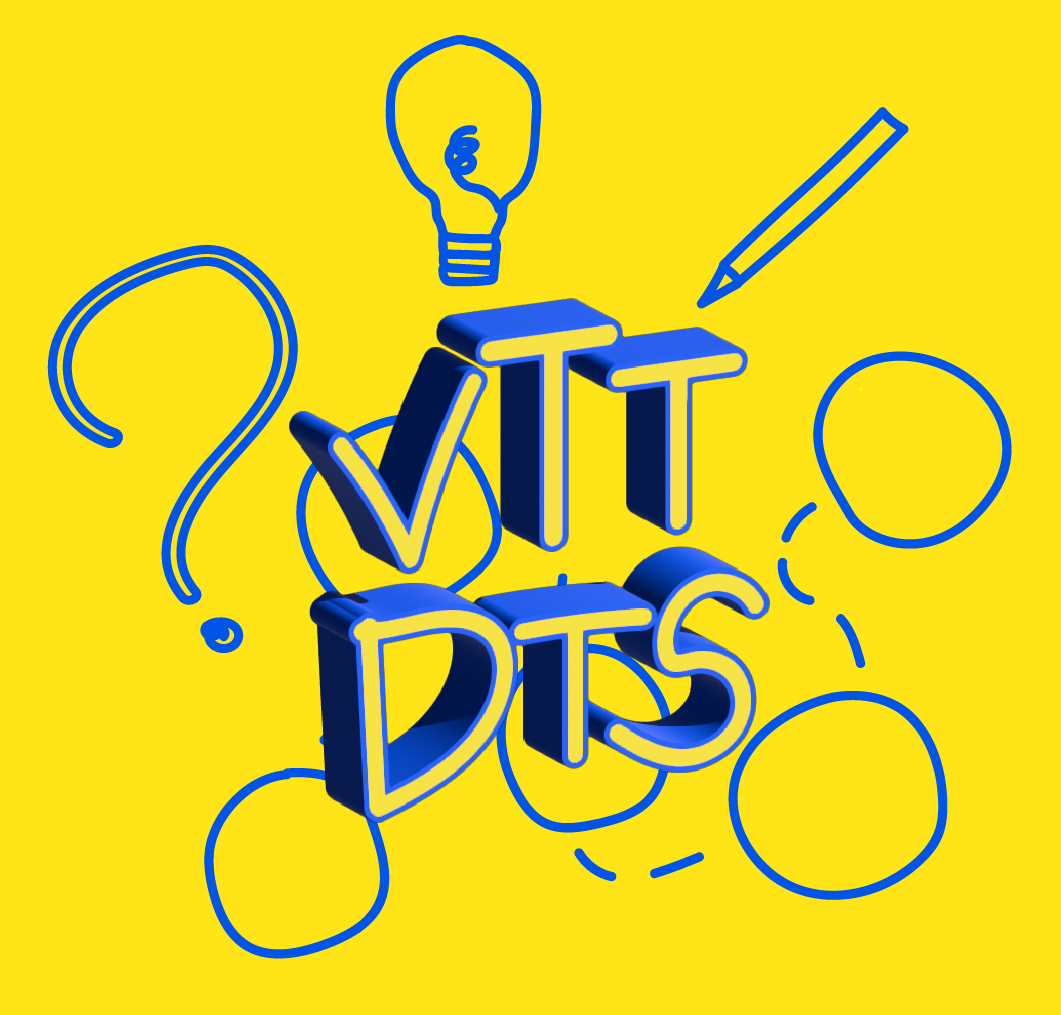
The project
The project was designed to encourage young learners – pupils, students, young people, and also teachers, coaches, and youth workers to stay creative regardless of where they are: in the classroom, in their usual working environment or at home in isolation.
Due to the highly negative impacts that COVID-19 has had on the mental well-being of young learners through social distancing, DTS and VTT aim to enable young learners and teachers to use creativity and arts to stay balanced despite the situation they are facing.
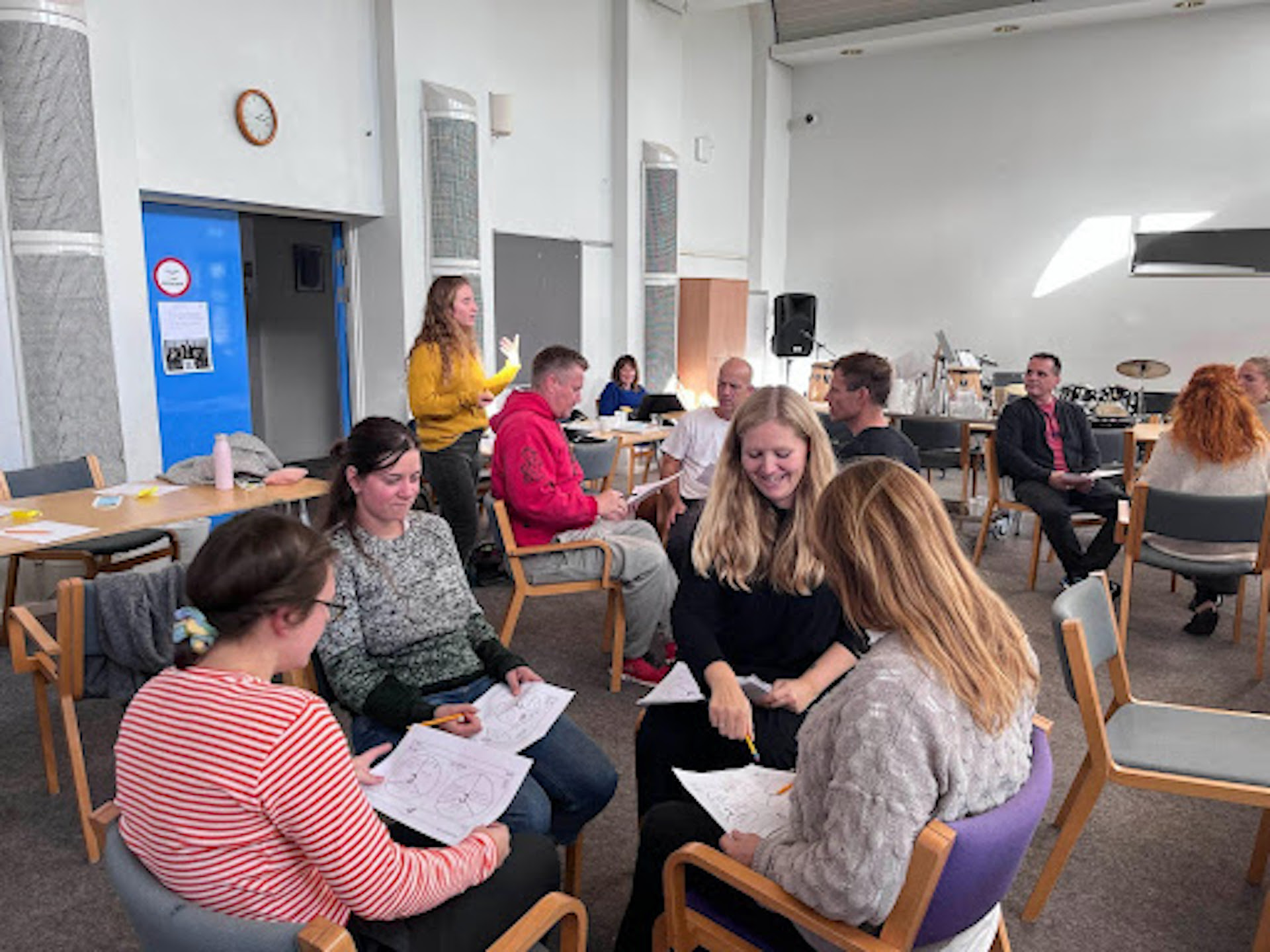
The objectives
- To train students and teachers to use Visual Thinking Techniques for the creative visualisation of their situation and condition;
- To train students, teachers and youth workers to use Design Thinking Strategies for the solution processes of various problems in life, in studies, in work;
- To elaborate a methodological framework for a course to be delivered in schools, youth centres, organisations on Visual Thinking techniques and Design Thinking Strategies;
- To shift the approach to planning and delivering lessons to a new one, more creative, engaging and animated with the use of Design Thinking Strategies.
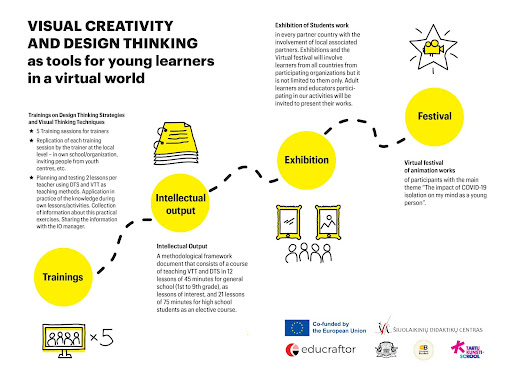
Project timeline
- Spring and summer 2021 – planning the project.
- November 2021 to March 2022 the training for trainers with 5 training sessions online.
- April to November 2022 iterations of the training and local exhibitions.
- November 2022 to January 2023 building the training guide.
- January 2023 launching conference of the methodological framework in Estonia.
Reflections from teachers
PROJECT PARTNERS
Estonia – Tallinna Kunstigümnaasium (project coordinator) and Tartu Art school
Finland – Educraftor Oy Ab
Denmark – Crossing Borders
Lithuania – Šiuolaikinių didaktikų Centras
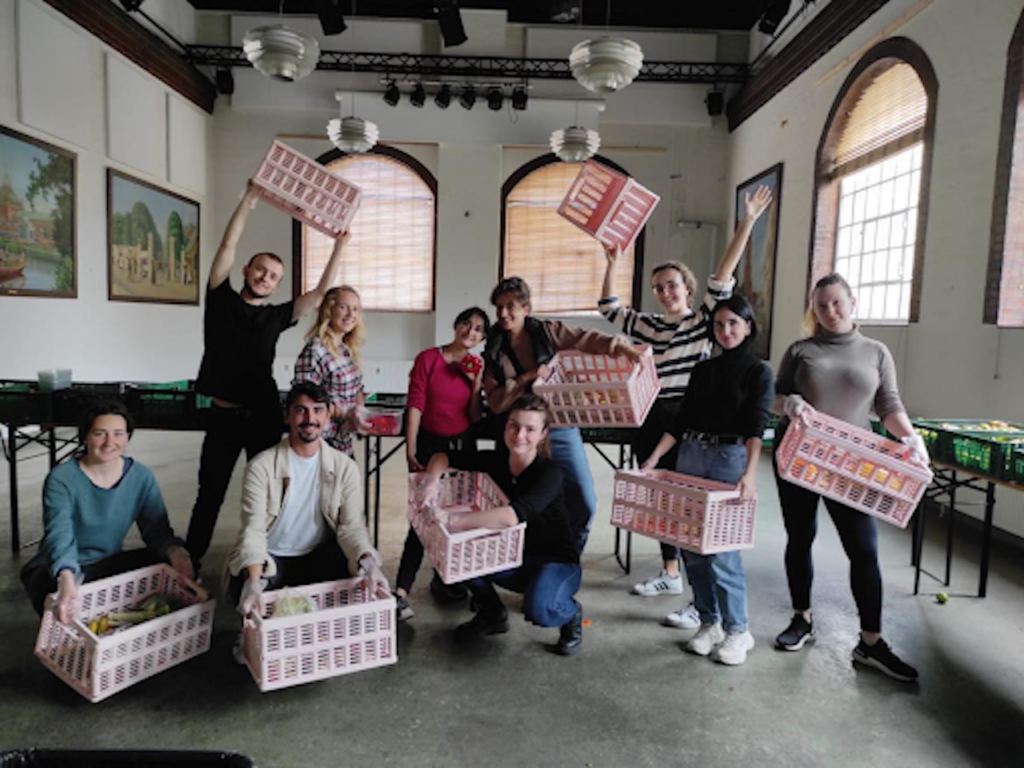
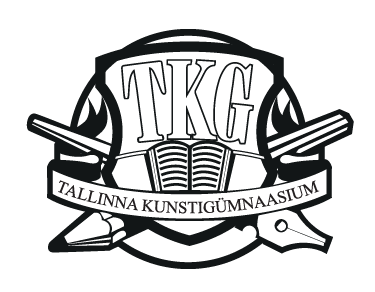
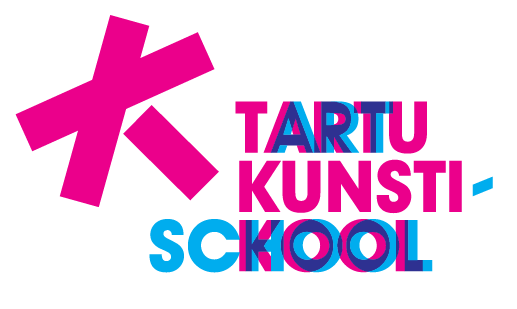

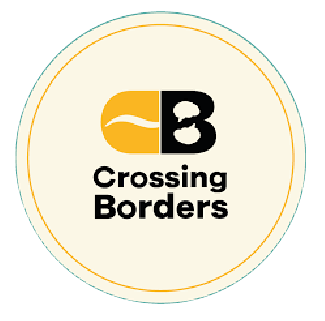


The European Commission’s support for the production of this publication does not constitute an endorsement of the contents, which reflect the views only of the authors, and the Commission cannot be held responsible for any use which may be made of the information contained therein.
